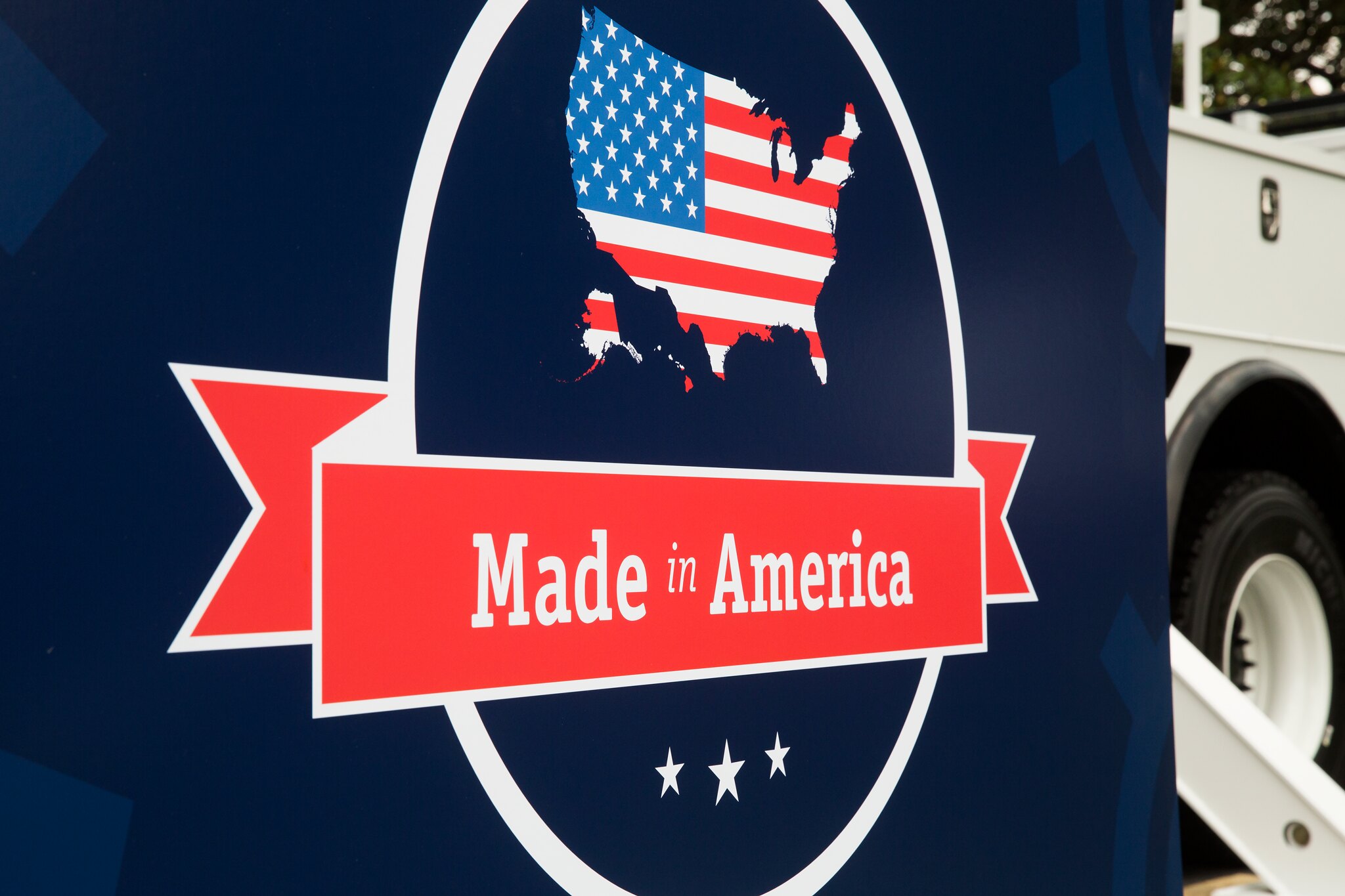
A slogan on the side of a truck. A U.S. flag is superimposed over an outline of the United States, above a large red banner emblazoned with the words “Made in America. This image, titled “Made in America Product Showcase,” is attributed to The White House and is marked with Public Domain Mark 1.0.
Contemporary American politics is filled with division and conflict. In this polarized climate, attention to truth and lies remains a central focus of public conversation. Concerns about and accusations of “misinformation” and “fake news” circulate frequently, giving rise to important questions. How important are evidence and facts in determining people’s support of politicians’ statements? And are liberals or conservatives more committed to the truth?
A recent study helps to answer these questions. Minjae Kim and colleagues researched how American voters evaluated factually untrue statements given by prominent politicians from the Republican and Democratic parties. Through online surveys, the researchers found that Americans across political lines had a pronounced tendency to support statements by politicians from their own party even after being told that the statements had been proven false.These respondents justified accepting false statements in moral terms, answering that it’s more important their favored politician “sent the right message about American priorities” – in other words, that the ends justify the means. However, when judging statements by politicians from the opposing party (e.g. when Democrats were judging false statements from Republicans), respondents instead emphasized the importance of objective evidence and accountability. Again, the researchers found these patterns held for both Republican and Democratic voters.
This study reveals that facts tend to carry less weight than a person’s community and political commitments and how these shape American beliefs regarding “deeper truths” about political issues.

Comments